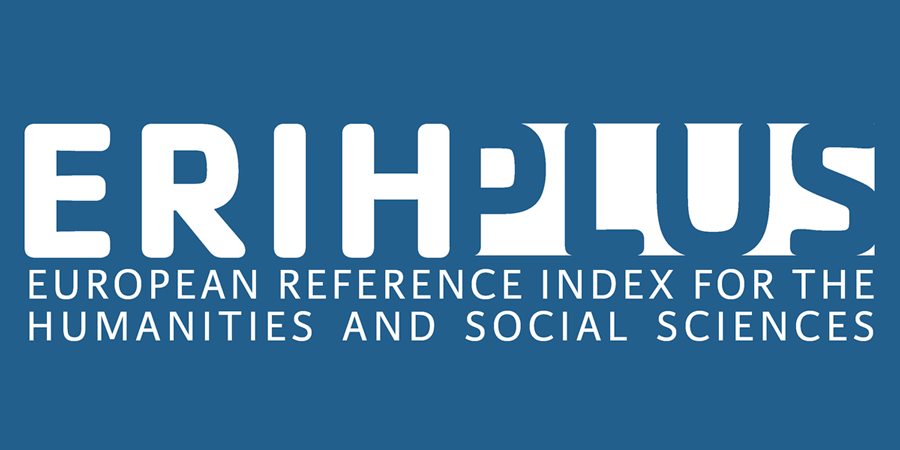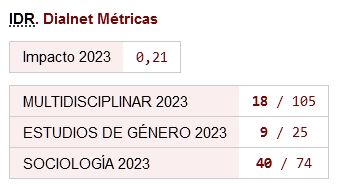Feminist collectives in educational contexts:
intersection between gender and sexualities
DOI:
https://doi.org/10.46661/relies.6179Keywords:
education, collectives, sexualities, feministsAbstract
In 2016, in Brazil, there were school occupations and in universities across the country, primary schools, Federal Institutes and Universities were occupied by students, who among the various agendas, were against PEC 241, which froze funding with health and education for 20 years. In these occupations issues about gender, race and sexualities were discussed, providing the construction of networks and groups that after the occupations continued their articulations, embodying the creation of collectives within educational spaces, highlighting here the feminist collectives. The objective of this article is to bring ethnographic data collected in the years 2017 and 2018 that access the narratives and experiences that were being built within these spaces of claims, emphasizing the relationship between educational contexts, gender and sexualities. The analyzes and reflections triggered in the field indicate that there are times when everyday events trigger reactions and mobilizations from students, provoking debates and confrontations in front of people and institutions. In addition, we highlight the dialogues between activists from educational feminist collectives with organized feminist movements, such as the March of Women, and a strong connection with virtual social networks and movements at the national level. In this field, gender relations and sexualities are in constant approximation, at times causing important articulations, and at other times tense negotiations. Enabling the construction of resistance practices in situations of inequalities or social injustices, but also reproducing and normalizing social conventions and hegemonic discourses.
Downloads
References
Foucautl, M. (1987). Vigiar e punir, Vozes: Petrópolis.
Foucautl, M. (2008). O nascimento da biopolítica, Martins Fontes: São Paulo.
Giddens, A. (1991). As consequências da modernidade, EDUSP: São Paulo.
Grossi, M. P. (1998). Identidade de gênero e sexualidade. Antropologia em Primeira Mão, 24.
Heilborn, M.L. (1996). Ser ou estar homossexual: dilemas de construção da identidade social. In:
Parker, R. e Barbosa, R. Sexualidades brasileiras. Rio de Janeiro: Relume Dumará.
Louro, G. (1997) Gênero, sexualidade e educação: uma perspectiva pós-estruturalista. Vozes: Petrópolis.
Nobert, E. e Scotson, J. (2000). Os estabelecidos e os outsiders: sociologia das relações de poder a partir de uma pequena comunidade. Jorge Zahar: Rio de Janeiro.
Pereira, A.B. (2017) Do controverso “chão da escola” às controvérsias da etnografia: aproximações entre antropologia e educação. Horizontes Antropológicos 49.
Ramos, M, e Frigotto, G. (2016). Medida provisória 746/2016: a contra-reforma do ensino médio do golpe de estado de 31 de agosto de 2016. Revista HISTEDBR on-line 70.
Sarmiento, R. (2016). Feminismo, reconhecimento e mulheres trans*: expressões online de tensões. Pensamento Plural 17.
Downloads
Published
How to Cite
Issue
Section
License
Copyright (c) 2022 Julyana Manguinho, Elisete Schwade

This work is licensed under a Creative Commons Attribution-NonCommercial 4.0 International License.






